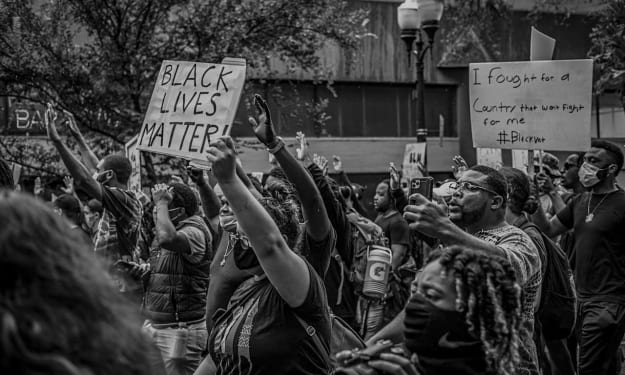Tracing the Path
Uncovering the Historical Roots of Intersectionality in Human Society

In the intricate tapestry of human history, the concept of intersectionality has deep roots that stretch across time and space. From the struggles of marginalized communities to the movements for social justice, intersectionality has played a pivotal role in shaping the way we understand and address issues of inequality and oppression. In this exploration, we embark on a journey to uncover the historical roots of intersectionality in human society, unraveling its significance in shaping our collective consciousness and quest for justice.
Origins in Marginalized Voices
The origins of intersectionality can be traced back to the voices and experiences of marginalized communities throughout history. From the struggles of women of color in the suffrage movement to the resistance of enslaved individuals against racial and gender-based oppression, intersectionality has been a guiding principle in the fight for equality and liberation.
Early Feminist Thought
In the realm of feminist thought, intersectionality emerged as a response to the limitations of mainstream feminism, which often focused solely on the experiences of white, middle-class women. Early feminists such as Sojourner Truth and Anna Julia Cooper highlighted the intersecting dynamics of race, gender, and class in shaping women's experiences of oppression. Their writings and activism laid the groundwork for intersectional approaches to feminism that centered the voices and experiences of marginalized women.
Civil Rights Movements
The Civil Rights Movement of the 20th century also played a crucial role in shaping intersectional perspectives on social justice. Leaders such as Malcolm X and Audre Lorde emphasized the interconnected nature of racial and gender-based oppression, calling for solidarity among diverse communities in the struggle against systemic inequality. The Civil Rights Movement paved the way for intersectional approaches to activism that sought to address the intersecting forms of discrimination faced by marginalized groups.
Critical Race Theory
In the realm of legal scholarship, Critical Race Theory (CRT) emerged as a framework for understanding how race intersects with other forms of oppression to shape individuals' experiences of inequality. Developed by scholars such as Kimberlé Crenshaw and Derrick Bell, CRT challenged traditional legal approaches that overlooked the intersecting dynamics of race, gender, class, and other social categories. CRT highlighted the importance of considering the intersectional nature of oppression in legal analysis and advocacy.
Challenges and Resistance
Despite its profound insights and contributions, intersectionality has faced challenges and resistance within mainstream discourse. Critics have often dismissed intersectionality as divisive or overly complex, preferring to focus on single-issue approaches to social justice. Moreover, the co-optation of intersectional language and principles by mainstream institutions has led to concerns about the dilution of its transformative potential.
Contemporary Relevance
In contemporary society, intersectionality continues to be a driving force in movements for social justice and equality. From the Black Lives Matter movement to the fight for LGBTQ+ rights, intersectionality informs activism and advocacy efforts that seek to address the intersecting forms of oppression faced by marginalized communities. By centering the voices and experiences of those at the margins, intersectionality challenges us to confront systemic inequality and work towards a more just and equitable world for all.
Conclusion
In conclusion, the historical roots of intersectionality in human society run deep, reflecting the struggles and resistance of marginalized communities throughout history. From the early feminist movements to the Civil Rights Movement and beyond, intersectionality has been a guiding principle in the fight for equality and justice.
As we continue to navigate the complexities of human society, let us remember the lessons of intersectionality and the importance of centering the voices and experiences of those most affected by oppression. By embracing intersectionality as a framework for understanding and addressing systemic inequality, we can work towards building a more inclusive and equitable world for future generations.
About the Creator
Mohamed Ali
Mohamed Ali is a passionate writer and researcher with a keen interest in exploring the complexities of human behavior and society through the lens of sociology. With a background in sociology and psychology.






Comments
There are no comments for this story
Be the first to respond and start the conversation.